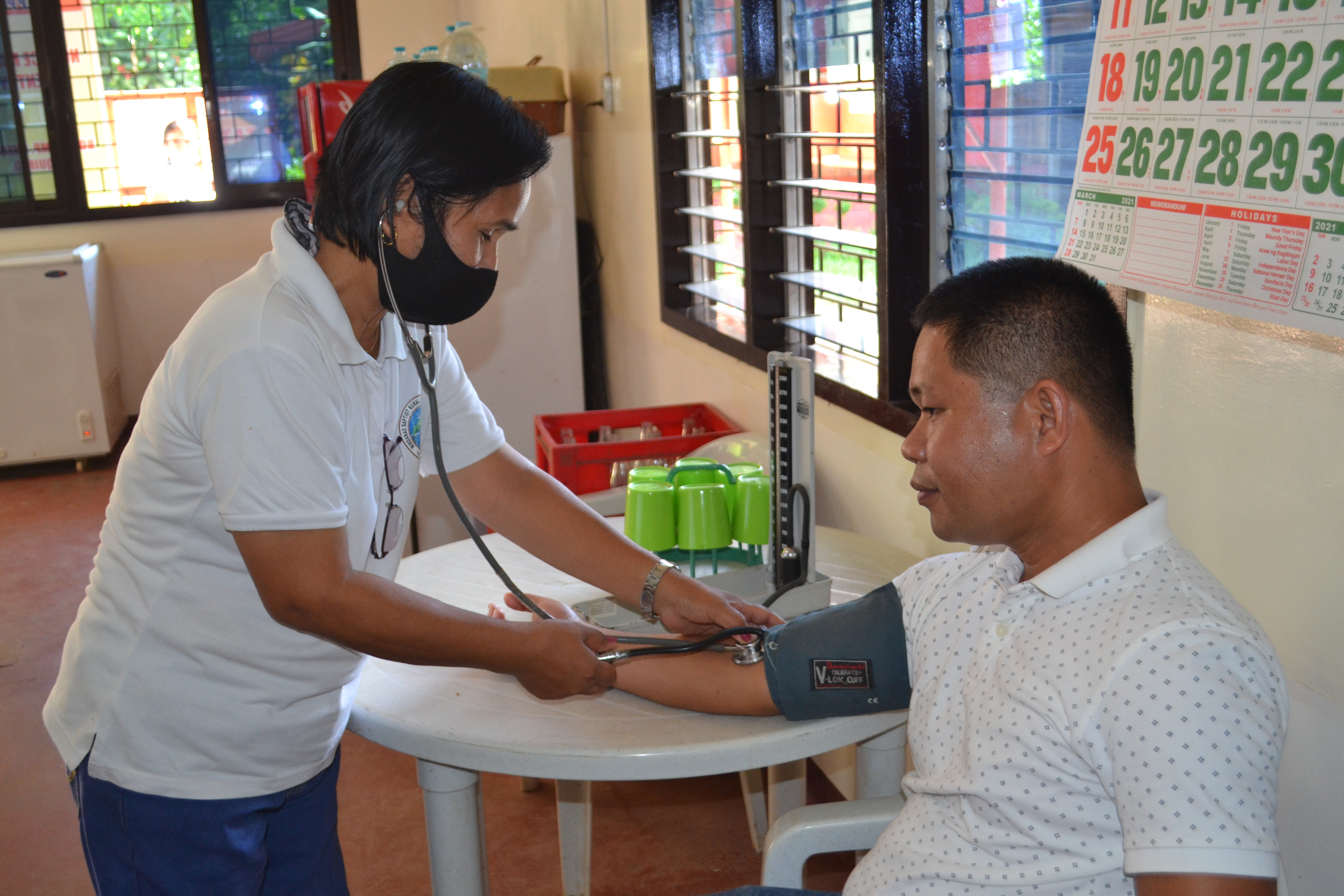Text and Photos by Henrylito D. Tacio
Josephine knew something was happening to her husband one night when Fernando returned home from his office complaining that during their business meeting, he kept forgetting what he wanted to say.
Fernando had worked in a manufacturing company. Although now retired, the Filipino civil engineer continued to work as a consultant and had never had serious problems remembering the fine details of his projects. His memory loss at the meeting was therefore very out of character and embarrassing for him.
“He was always known for his ideas. He was straightforward and knew what he was talking about,” says Josephine. But during the meeting, she was told by her husband that he wasn’t coherent at all. “He has had memory lapses before then but this time it was significant,” she adds.
As months went by, Fernando had problems recalling the names of common objects like telephones and pens. He was always mad when he couldn’t find what he wanted. “We have to do something about it,” Josephine told her children.
The couple went to see a psychiatrist, who gave Fernando some tests on brain functions. When the psychiatrist found something wrong with Fernando, he referred him to a neurologist. It wasn’t until a second computerized tomography (CT) scan done the following year which confirmed that Fernando had Alzheimer’s disease indeed. “We weren’t surprised when the doctor told us,” Josephine says.
Alzheimer’s disease is the most common form of dementia, a term used to describe a group of symptoms affecting memory, thinking, and social abilities. Dementia is caused by damage to or loss of nerve cells and their connections in the brain.

Medical science has identified high blood pressure as one the risk factors of dementia. “The adverse effects of hypertension on mental functioning have been verified in several large-scale studies,” wrote Dr. Julian Whitaker in his book, Reversing Hypertension: A Vital New Program to Prevent, Treat and Reduce High Blood Pressure. “It is believed that hypertension’s adverse effects on the brain are caused by the relentless pounding on the small vessels in the brain.”
Hypertension and dementia
Now, a recent study compared magnetic resonance imaging (MRI) brain scans of adults aged 50 and older who had high blood pressure between the ages of 30-40 to those who did not.
Scientists from the University of California, Davis analyzed records of more than 4,700 people over 24 years and saw that people with hypertension in midlife (ages 44-66) and late-life (ages over 66) had higher risk of developing dementia than those with normal blood pressure.
The former showed two key markers commonly associated with dementia: “significantly lower regional brain volumes and worse white matter integrity,” per Journal of the American Medical Association (JAMA), which published the study.
“This study truly demonstrates the importance of early life risk factors and that to age well, you need to take care of yourself throughout life – heart health is brain health,” commented Rachel Whitmer, senior author of the study and associate director of the UC Davis Alzheimer’s Disease Center.
Young population
What the study has proven is that treating hypertension in your 30s could lead to reduced risk of dementia.
The Philippines has a large young population, according to the United Nations Population Fund. In 2020, the youth population (persons whose age ranges from 15 to 30 years) totaled 31.40 million or about 28.9 % of the household population. The country has 30 million young people between the ages of 10-24, accounting for 28% of the total population.

“Practice healthy living habits, like being physically active, to help prevent high blood pressure,” urges the US Centers for Disease Control and Prevention (CDC). “By living a healthy lifestyle, you can help keep your blood pressure in a healthy range.”
Aside from dementia, preventing hypertension can also lower your risk for heart disease, stroke, heart failure, fluid build-up in the lungs, vision loss, kidney damage, and erectile dysfunction.
Healthy living habits
The CDC, in its website, urges everyone to practice the following healthy living habits to prevent hypertension:
Eat a healthy diet: Choose healthy meal and snack options to help you avoid high blood pressure and its complications. Be sure to eat plenty of fresh fruits and vegetables. Talk with your health care team about eating a variety of foods rich in potassium, fiber, and protein and lower in salt and saturated fat.
Keep yourself at a healthy weight: Having overweight or obesity increases your risk for high blood pressure. To determine whether your weight is in a healthy range, doctors often calculate your body mass index (BMI). Doctors sometimes also use waist and hip measurements to assess body fat. Talk with your health care team about ways to reach a healthy weight, including choosing healthy foods and getting regular physical activity.
Be physically active: Physical activity can help keep you at a healthy weight and lower your blood pressure. Experts recommend that adults get at least 2 hours and 30 minutes of moderate-intensity exercise, such as brisk walking or bicycling, every week. That’s about 30 minutes a day, 5 days a week. Children and adolescents should get one hour of physical activity every day.
Do not smoke: Smoking raises your blood pressure. If you do not smoke, do not start. If you do smoke, quitting will lower your risk for heart disease. Your doctor can suggest ways to help you quit.
Limit how much alcohol you drink: Do not drink too much alcohol, which can raise your blood pressure. Men should have no more than two alcoholic drinks per day, and women should have no more than one alcoholic drink per day.
Get enough sleep: Getting enough sleep is important to your overall health, and enough sleep is part of keeping your heart and blood vessels healthy. Although not recommended by CDC, some experts suggest that you should stop using your cellular phones at least two hours before bedtime. – ###








